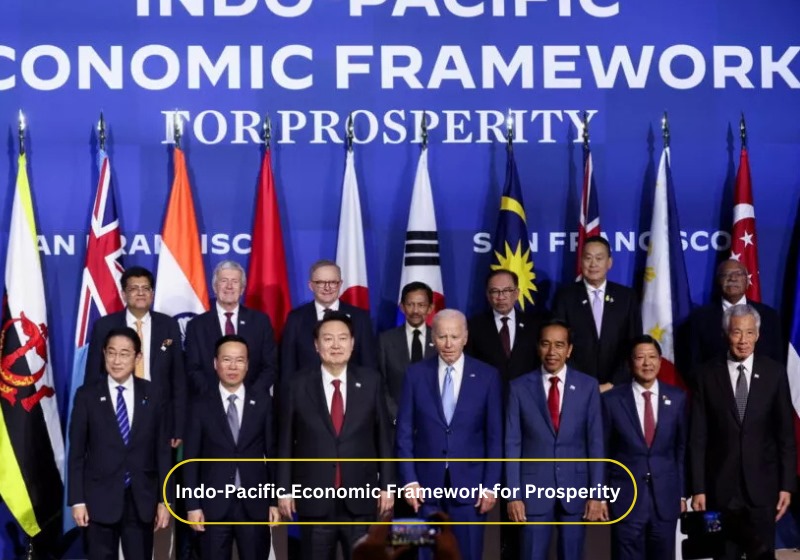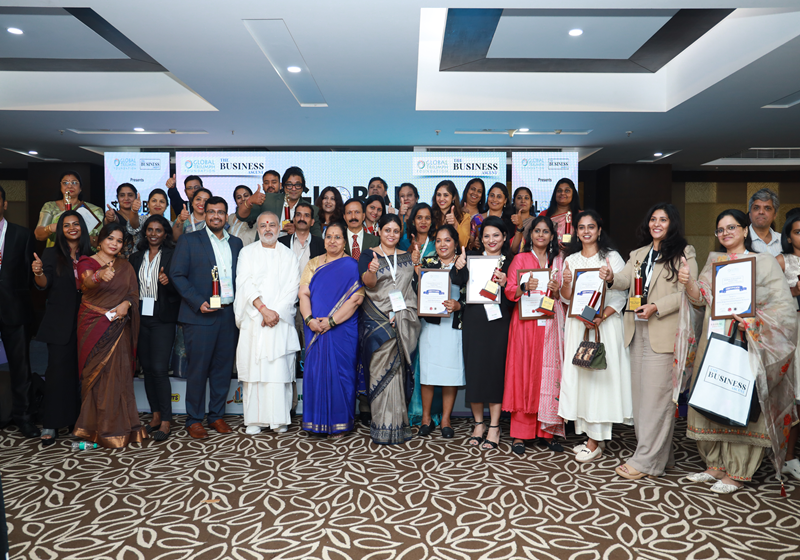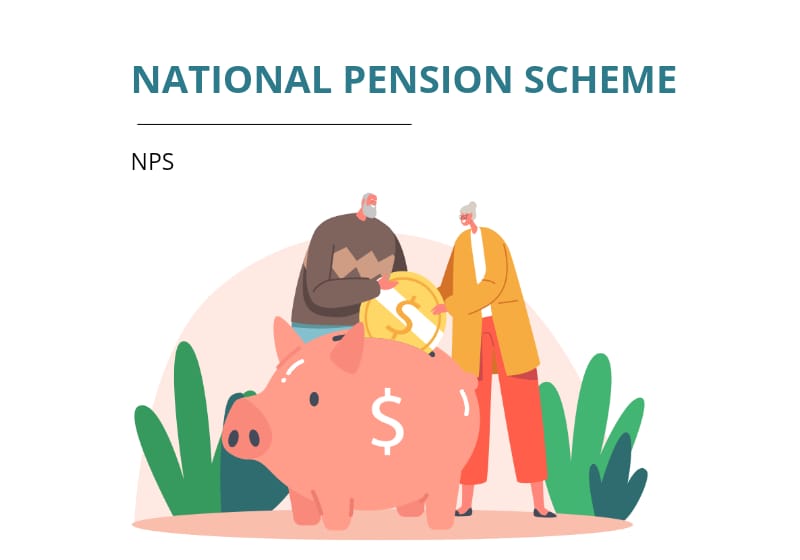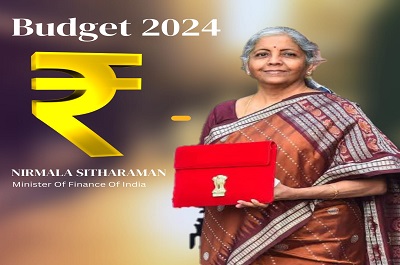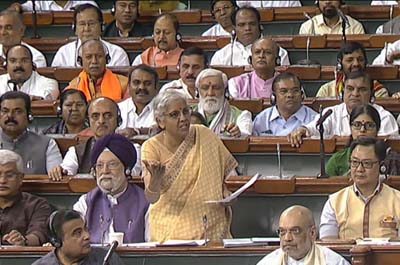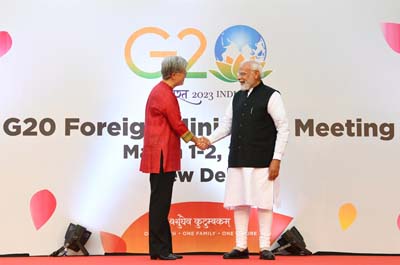Delhi: A group appointed by India's oil minister has proposed that the country phase out diesel-powered four-wheelers by 2027 and replace them with electric and gas vehicles in megacities and other polluted areas.
India, one of the nations with the biggest greenhouse gas emissions, wants to produce 40% of its electricity from renewable sources by 2070 in order to attain its net zero target. According to the report, "by 2030, no city buses should be added that are not electric...diesel buses for city transport should not be added from 2024 onwards."
The research found that long-distance buses in India will need to switch to electric power within the next decade to fifteen. By 2030, India plans to raise the share of petrol in the country's total energy consumption from its current 6.2% to 15%.
Key Market Statistics
From 2021 to 2030, the market for electric vehicles in India is projected to increase from an initial 2020 valuation of USD 220.1 mln, a CAGR (compound annual growth rate) of 94.4%. The expansion of the market during the projected period is expected to be driven by the financial incentives being granted by the Indian government on the manufacturing and purchase of electric cars to promote the use of electric vehicles.
The 999,949 EVs sold in CY2022 represent an impressive 210% increase over the 322,871 EVs sold in CY2021. The two- and three-wheeler markets have contributed significantly to this expansion, since they are considered to be the 'low-hanging fruits' of the electric vehicle market. They are the most important factor in EV sales since their prices are lower than those of electric passenger cars and commercial vehicles.
The Government's Push
As of now, just around 0.1% of all cars in India are electric, making it a market behind. However, in recent years, the government of India has enacted a number of regulations and efforts to encourage the widespread use of electric vehicles. To encourage the purchase of EVs, the government has implemented programmes including the Faster Adoption and Manufacturing of Hybrid and Electric Vehicles (FAME) plan. Over the next three years, the government has pledged INR 10,000 crore ($1.4 billion) as part of FAME II to promote the widespread use of electric vehicles and to build the necessary supporting infrastructure.
The worldwide EV30@30campaign has a number of strong supporters, India being one of them. The target for this initiative is for electric vehicles to account for at least 30% of sales by the year 2030. The government of India reached an agreement with Australia to share natural resources in 2022 as part of this drive. A Critical Minerals Investment Partnership between India and Australia worth $5.8 million over three years is included in this MoU.
‘WILL NOT STOP IMPORTS’
In a recent statement, the Union Minister emphasized that the government will not be halting any imports despite the highly competitive global market. In an effort to enhance the competitiveness of the Indian industry, a focus has been placed on producing high-quality products. "The best way to become competitive is to make high-quality products," stated a representative. He highlighted the importance of reducing wastage in order to increase the scale of operation and market size, ultimately leading to greater competitiveness.
According to the Union Minister, he has regular interactions with the Automotive Component Manufacturers Association of India (ACMA), who have expressed confidence in their ability to produce high-quality components that meet international standards. In a recent statement, it was declared that they have the ability to compete with the rest of the world in terms of both cost and quality. He also praised the auto component industry for their self-confidence and self-reliance.
Quality Control Orders
During another press conference on Quality Control Orders, the Union Commerce Minister emphasized the government's commitment to enhancing the quality of goods in India and shifting the mindset of both the industry and consumers. The minister highlighted that this has been a key focus of the government's efforts.
The central government has set its sights on establishing a strong quality ecosystem in the county and ensuring that consumers have access to products that meet global standards. Achieving these goals is crucial to the government's larger objective of promoting self-reliance, or Atmanirbhar Bharat. To this end, the Quality Council of India (QCO) is playing a significant role in driving progress.
In a move to priorities the adoption of Indian Standards at the national level, the government has announced the notification of 115 Quality Control Orders (QCOs) covering 493 products for compulsory certification by the Bureau of Indian Standards (BIS). This decision highlights the government's commitment to ensuring that products meet the required standards and quality for the benefit of consumers.
Goyal announced that the number of QCOs (Quality Control Orders) requiring mandatory BIS (Bureau of Indian Standards) certification and implementation of Indian Standards has significantly increased. As of May 2014, only 14 QCOs covering 106 products were notified, however, after May 2014, a total of 101 QCOs covering 387 products were notified.
CO2 reduction and sustainability
India could potentially reduce its carbon dioxide emissions by one gigatonne by the year 2030 if it makes the switch to electric vehicles, according to recent findings. This may come as a surprise to some, but the move towards electric transportation could have a significant impact on the country's emissions output. A new development in metros and mini-metros is set to have a positive impact on air pollution levels, potentially leading to a healthier and happier future for generations to come.
Global warming and climate change are issues that are affecting the entire planet. In a bid to safeguard the only planet we have, electric vehicle (EV) buyers are taking action by purchasing these eco-friendly cars. By doing so, they are contributing to the global effort to reduce carbon emissions and protect the environment. Millions of vehicle buyers are set to benefit everyone with zero tailpipe emissions. This move towards cleaner energy is expected to have a positive impact on the environment and the health of individuals.
Conclusion
The Indian electric mobility industry is steadily advancing, although it will require some time to fully mature. With the country's efforts to establish itself as a battery manufacturing hub, the prospect of all-electric vehicles is certainly on the horizon. A new direction has been taken as the right path has been established.

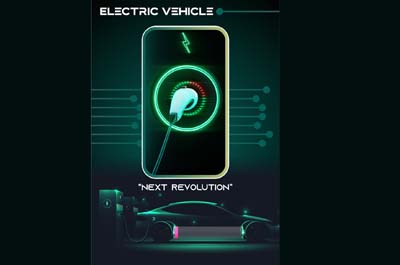

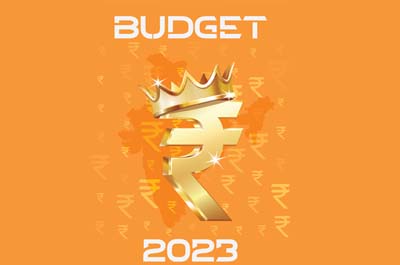

_1741851351227282101.png)


